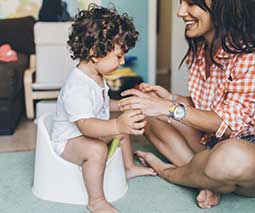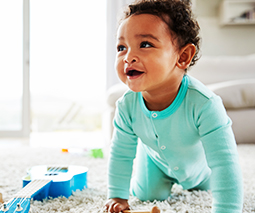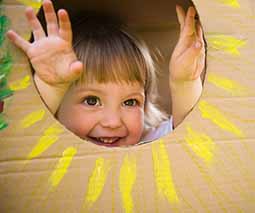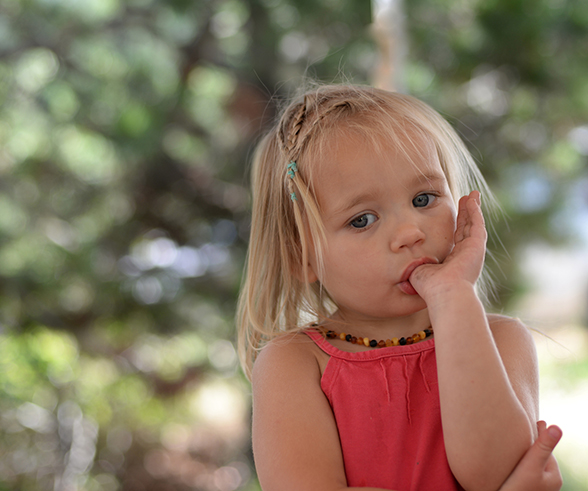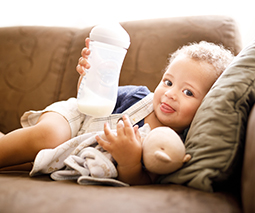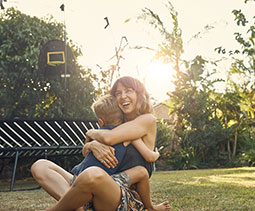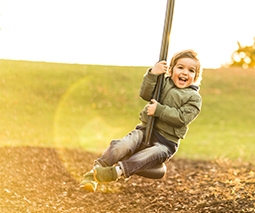Toddler talk: Why do toddlers babble non-stop?
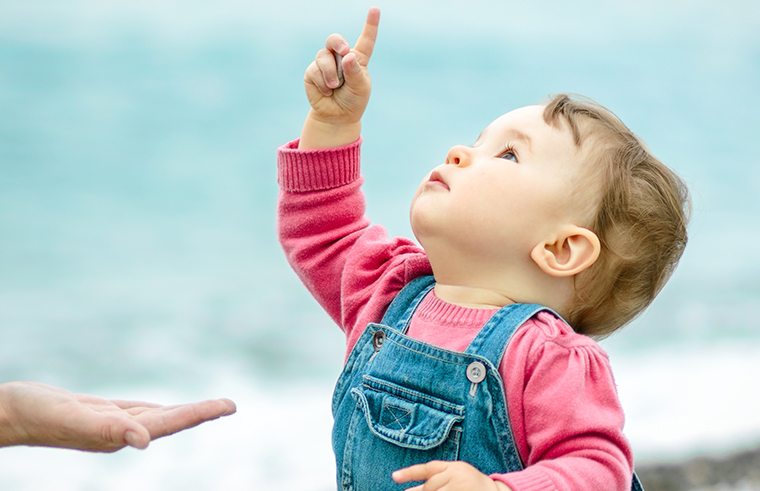
If you’ve landed on this page because you have been curious about – or are struggling with – a Chatty Patty of a toddler, then you’re very much in the right place.
Chatty Patties = a mixed blessing
While many parents love it when small children begin to use their voices, for some mums and dads this voice-using can reach fever pitch. It can seem to go on and on and on, and when you had 2.85 hours sleep in the last 24 hours every little thing can get on your last nerve. We get that.
Some parents wonder if it will ever stop. Others wonder what this vocal phase is really all about. So let’s find out!
(And also yes it will stop. But there are very good reasons for the babble – and ways to share the load.)
Why do toddlers babble non-stop?
1. Lots to learn
When a baby turns two he might have 50 words in his vocabulary, but from there, things go gangbusters and they acquire a whole heap more words at pace. Around 10 new words a day, according to the experts. And babies need to hear a word around 500 times before they are compelled to say it.
It makes sense that when you are learning new words you want to practice them to make them ‘stick’, thus two-year-olds will be chattering away and flexing those language muscles for much of their waking day.
They’ll likely move on to stringing words together into two-word phrases – “mine toy!”, “no mum!” , “me want!” – and as the year rolls out. Sometimes they run these words together into one, so it’s a sort of ‘almost phrase’ – “gimmedat!”
2. The art of conversation
Toddlers are not just practising saying new words, they are often playing around with ideas around conversation too.
You might find your toddler talking earnestly into her toy phone … or to the dog. She might be mimicking many of the animated mannerisms that YOU unwittingly display when you talk to others.
This is all in a day’s work for a toddler as they learn more about communicating with the world. Your toddler’s babbling is also cleverly designed to encourage you to chat back to them. This sort of exchange helps them to learn even more words.
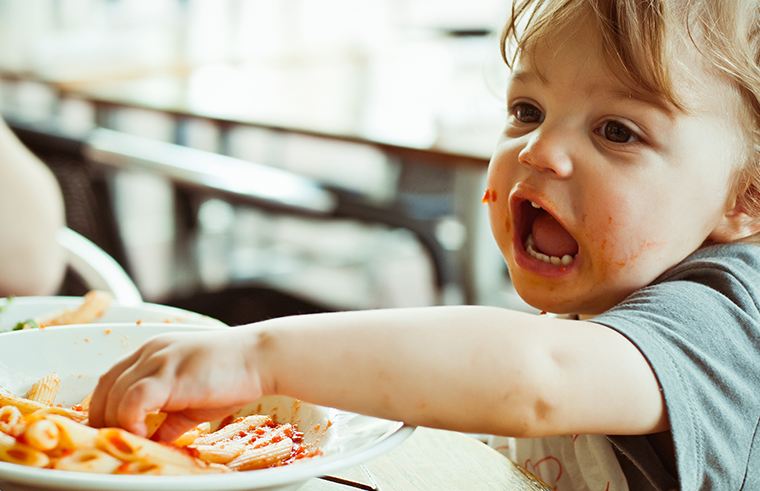
3. An invitation to boost brainpower
When your toddler babbles at you, he is encouraging you to talk back to him. When you do, all kinds of development-boosting things happen especially if you respond with what’s known as infant-directed speech.
Infant-Directed Speech is the speaking style that adults often use to speak to their babies in a certain voice register, with exaggerated pronunciation of syllables, and a slower pace. – American College of Pediatricians
Toddlers who are spoken to in this way are likely to have a larger vocabulary, be better at paying attention and have increased brain activity.
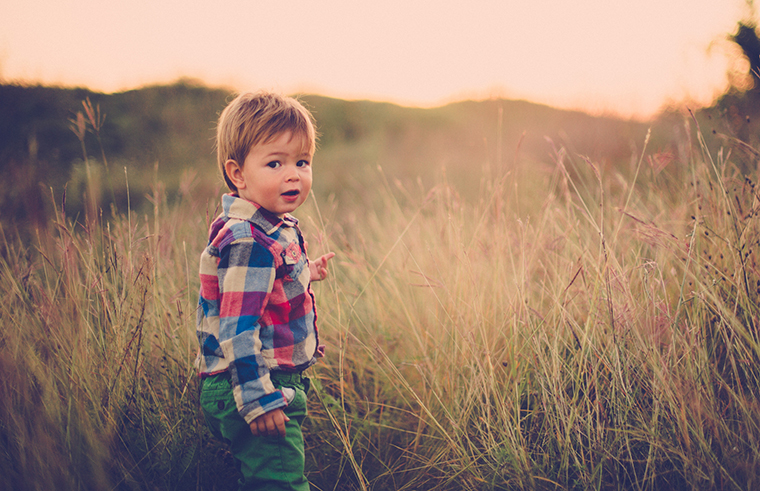
4. Social butterflies
Sometimes this chatty behaviour is a sign that babies need to widen their social circle and converse with new people. This is where unhurried opportunities to spend time with others can be a brilliant idea. Perhaps it’s a baby music class or a playgroup or just some time at the park chatting to other children (or grown-ups!).
Exposing your talkative baby to even more talk in this way can help to satisfy their thirst for words and also boosts development and nurtures social skills. It also shares the chatty load, which is helpful for parents and exciting for toddlers.
5. Getting attention
Babies learn quickly that making sounds and using early language means they’ll get attention from their parent or carer. Some babies might babble to keep your focus on them, while others might use other sounds or even cough.
And you know what else?
That toddler babble is a sign that they likely understand more than you might think!
